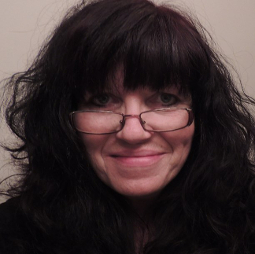Shampagne we swiped from Meeks’ Country Store wasn’t champagne at all, but white grape juice, Welch’s, in a single serve bottle with a stained label, but out in the mid-seventies dark, running plowed-under tobacco fields, sparklers sputtering in our hands, we pretended, boasted, toasting each other as we passed the bottle between us, dirty-faced dreamers growing wild as the weeds in the trailer park. Inside the line of singlewides, our folks played hearts and spades, chain-smoked Camels, joked about work, or the lack of it, about the money they hadn’t made, ate pimiento cheese pinwheels off plastic plates, drank Andre from Dollar Store tumblers, and ended up dancing, in their sock feet on cheap linoleum. Our mothers and fathers clung to each other caught up together in Johnny Mathis crooning Twelfth of Never and the possibility they let themselves believe for that one night—that the new year might bring something more than the constant worry, the back-bowing poverty always at our doors.
They paid us no mind. So we climbed trees in the dark, scrambling up to perch in the branches that swung out over the fields, our grape-juice drunk making us brave, as we played, slid out farther and farther, the limbs growing thinner and thinner, until, just like our folks, we stood on nothing but dreams, reaching with all we had to where the stars reeled, millions of miles away, above our heads. Mary Carroll-Hackett holds an MFA from Bennington College, and is the author of The Real Politics of Lipstick, Animal Soul, If We Could Know Our Bones, and most recently, The Night I Heard Everything from FutureCycle Press. She teaches at Longwood University and as low-residency MFA faculty at West Virginia Wesleyan College.
Mary Carroll-Hackett holds an MFA from Bennington College, and is the author of The Real Politics of Lipstick, Animal Soul, If We Could Know Our Bones, and most recently, The Night I Heard Everything from FutureCycle Press. She teaches at Longwood University and as low-residency MFA faculty at West Virginia Wesleyan College.
